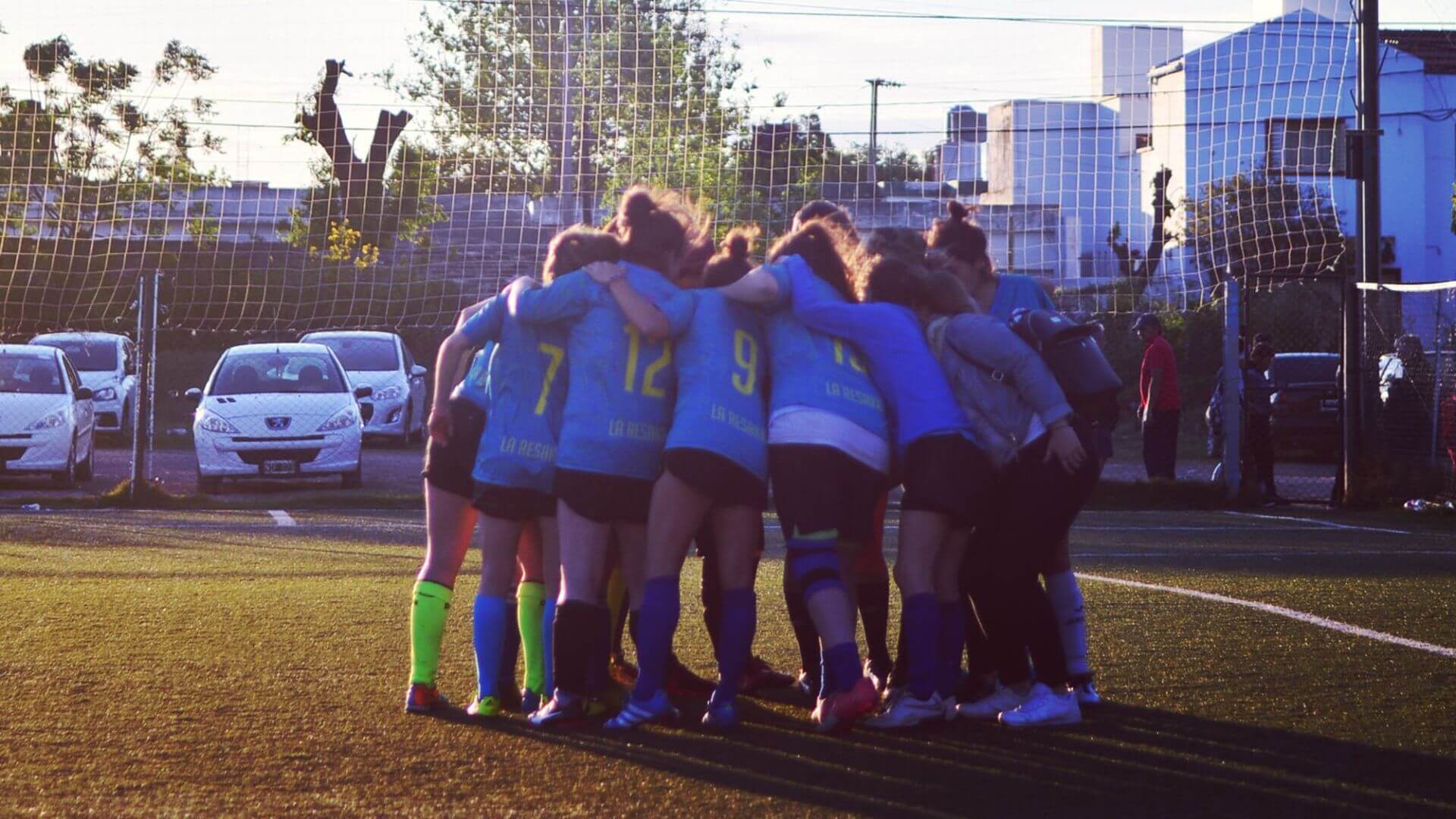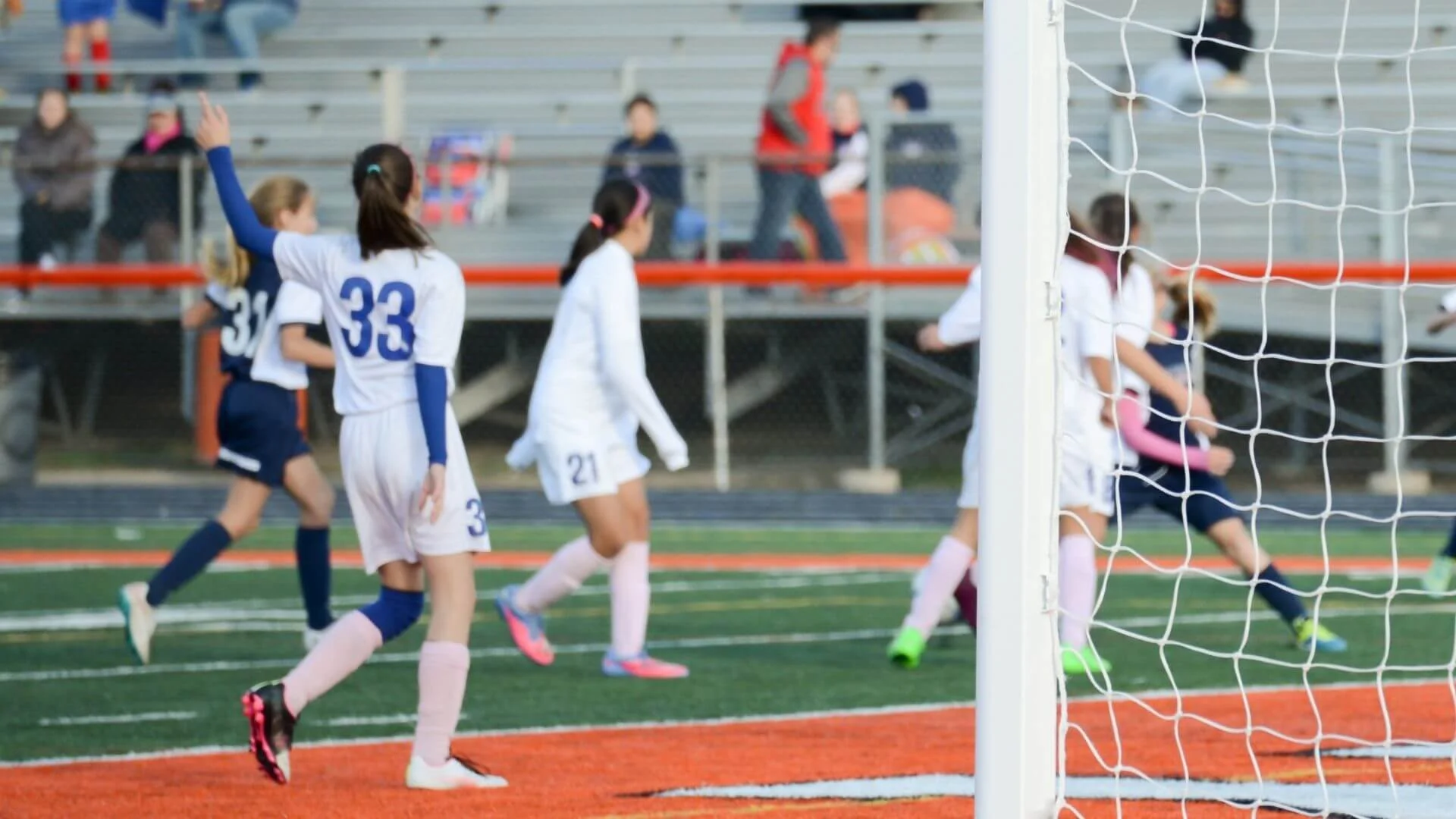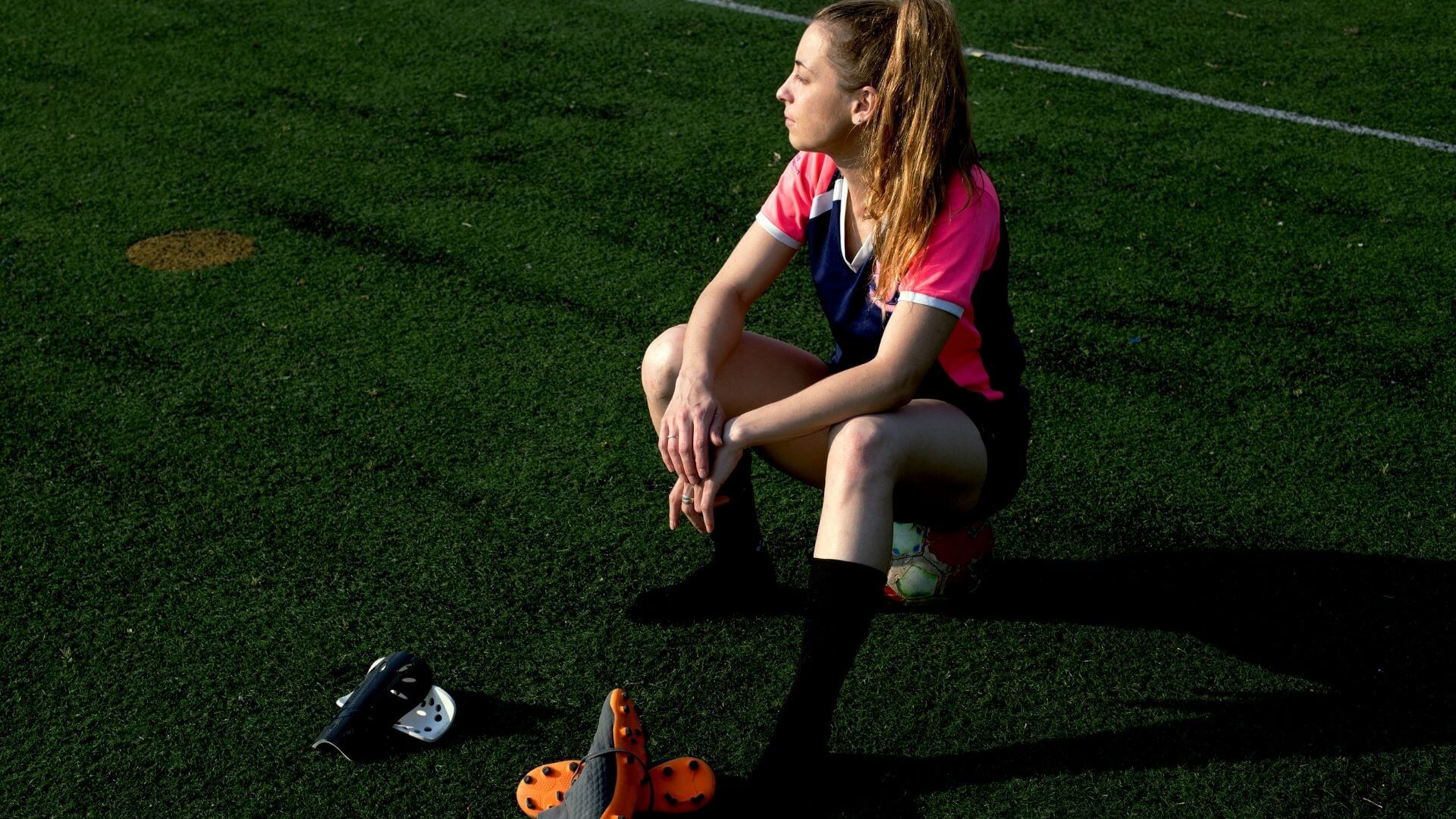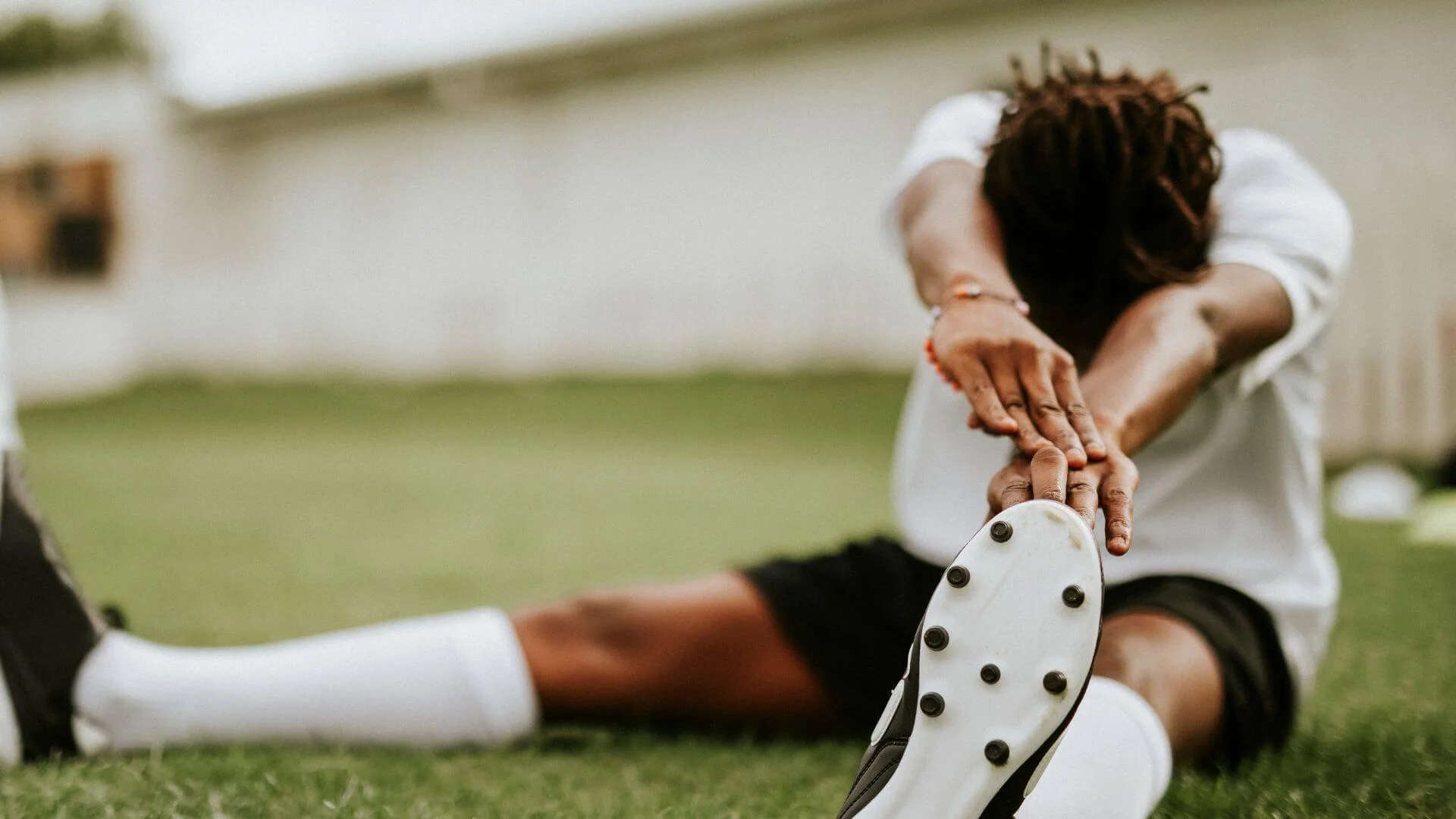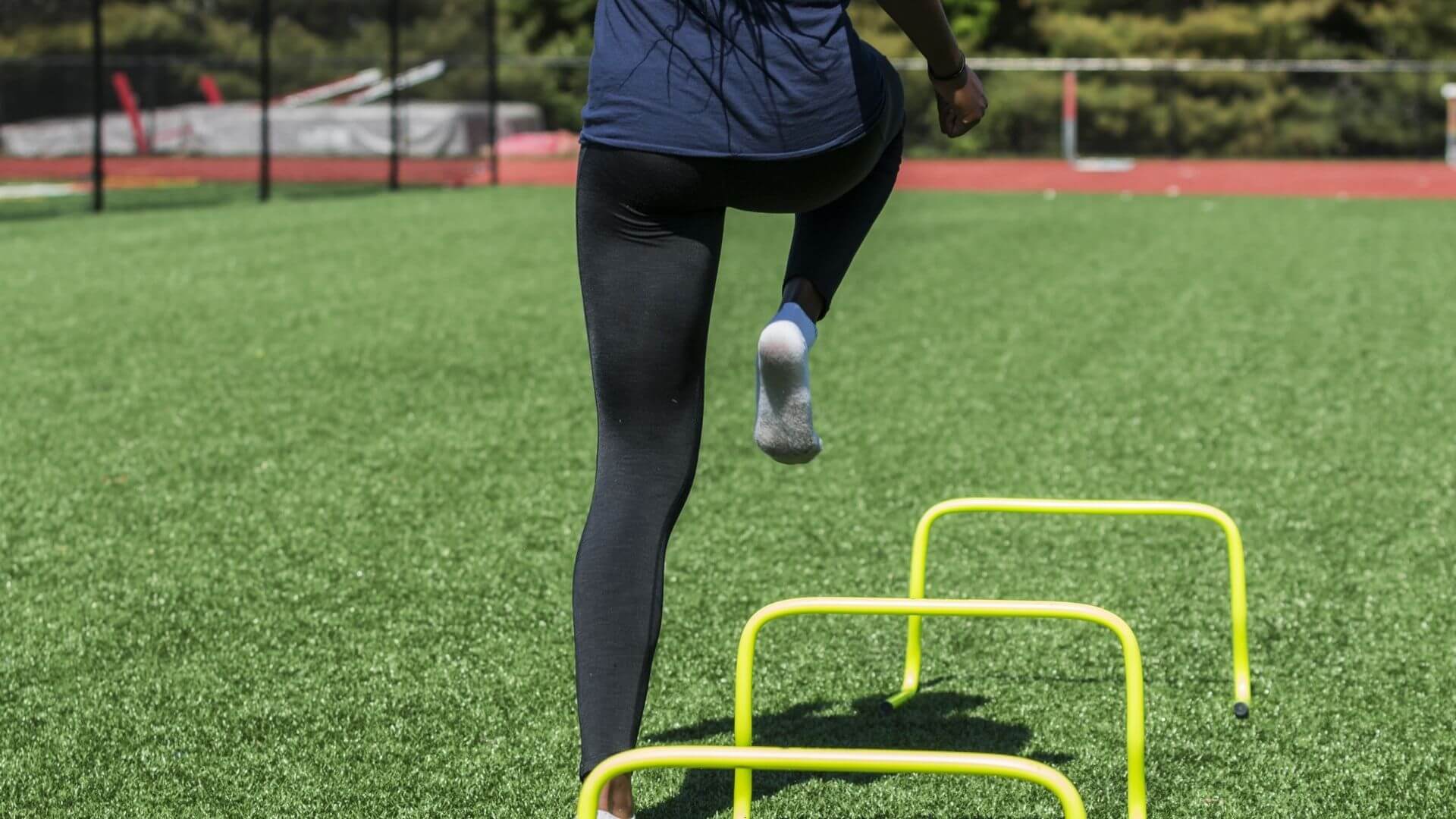What You Need to Know About the “Confidence Drop”
As female soccer players, we have all experienced the effects that confidence, or a lack thereof, has on our game.
When we are self-confident, we play harder, and we create opportunities. We don’t fear failure. We impact the game; we become difference makers.
When we lack confidence, we play overcautiously (not to make mistakes). We overthink things and obsess about errors and missed opportunities. We become our own worst enemies with our negative and even detrimental thoughts. And most of all, we just don’t have much fun anymore.
The Confidence Gap
For many girls, the lack of confidence is more a loss of confidence that happens as they near middle school age and start feeling the pressures of social, academic, and athletic expectations. Social conditioning, perfectionism, and a strong need to fit in are often some of the drivers of losing confidence during these years.
In a 2018 New York Times article by Claire Shipman, Katty Kay, and Jill Ellyn Riley, the authors of “The Confidence Code for Girls,” they write that a major drop-off in confidence for girls happens between the ages of 8 and 14. During research for their book, they found that confidence levels fall by 30 percent during these years.
And when comparing genders at the age of 14, boys’ confidence is 27 percent higher than girls. This difference could help explain why girls quit playing sports at a much higher rate in middle and high school than boys do.
What a Drop in Confidence Does to Your Soccer Game
Regardless of how you got there, when you have low self-confidence, it manifests on the soccer field in many ways that are not helpful to your game.
A constant fear of failure can leave you stressed out, worrying, and unable to keep your thinking focused on the present moment (which ironically is actually what leads to more mistakes).
When your thinking becomes hijacked by self-defeating mentalities that impede your focus and concentration, you cannot play your best. As a result, leading, creating, and positively impacting the game all become difficult, if not impossible.
Overthinking, catastrophizing, and getting hung up on missed opportunities are all detrimental thought patterns that get in the way of constructive thinking. Since constructive thinking is what you SHOULD be thinking about when you are on the field in a game (Examples: where’s the space the exploit? where’s the danger? how can I support my teammate right now?).
Growing Your Confidence
According to Shipman, Kay, and Riley, “the process of risk, failure, recovery and mastery, of more action and less thinking–is the key to confidence building.”
Putting yourself into challenging (and uncomfortable) situations is one of the best ways to build grit and resilience, thereby building confidence and belief in yourself.
Working to shift your definition of success is also very important when it comes to building confidence in soccer. Pursue self-improvement and not perfection.
Being more prepared can also help socceristas grow their confidence. Training on your own and fine-tuning skills helps you gain faith in your ability to perform.
When you know you can do something (because you’ve done it hundreds of times already), you believe in your ability, and when you believe in yourself and have confidence, you play better!
Featured image via Adobe Stock Images
_
GIRLS SOCCER NETWORK: YOUR SOURCE FOR GIRLS SOCCER NEWS




